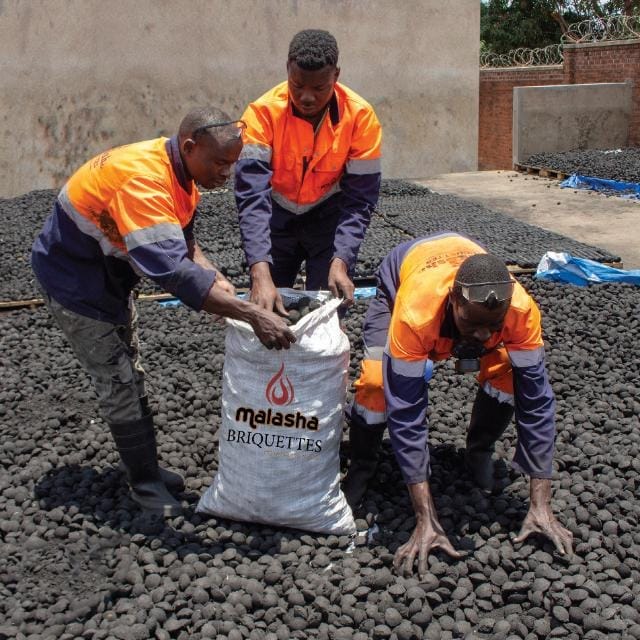Malawi Citizens Drive Climate-Resilient Investments to Combat Effects of Climate Change
The devastating impact of climate change has presented significant challenges for Malawi in achieving its ambitious development goals, writes Draxon Maloya.
LILONGWE, Malawi -- The devastating impact of climate change has presented significant challenges for Malawi in achieving its ambitious development goals, writes Draxon Maloya.
To address this, the country must accelerate policies and programs outlined in the Malawi2063 and supplement these efforts with additional investments in adaptation, according to the newly released World Bank Country Climate and Development Report (CCDR).
Recognizing the urgency, some citizens are taking proactive steps to kickstart investments in climate-resilient infrastructure.
The aim is to combat land degradation, halt forest loss, improve agricultural productivity, and reduce carbon emissions.
These actions are combined with expanded safety nets and economic diversification measures to reduce household vulnerability.
One such initiative involves the production of malasha briquettes in the capital city of Lilongwe.
The company collects organic agricultural waste from youth and women's groups in rural and urban areas, converting it into eco-friendly briquettes.
This switch from harmful practises, such as the indiscriminate cutting down of trees for charcoal production, promotes the use of sustainable renewable technologies.
Malasha briquettes offer a significant reduction in household expenses for charcoal and other energy sources, as they are 40% cheaper compared to illegal and unsustainable charcoal widely sold in urban centres across the country.
Richard Mlotha, Managing Director for Malasha Briquettes Limited, emphasised the importance of sustainable renewable technologies for developing countries like Malawi.
He stated, "Our goal is to increase production capacity from the current 100 tons a month to beyond 300 tons a month to meet the growing demand. This will create employment opportunities along the value chain, contribute to economic growth, and eventually help achieve the 'no poverty' goal by 2063 through affordable and clean energy as well as climate action initiatives."
Mlotha further explained that Malasha Briquettes primarily targets urban markets nationwide, specifically high-density areas where there is a rising demand for cooking fuel alternatives.
The market for Malasha Briquettes is driven by inefficient energy use, with 75% of urban households, poultry farmers, and school feeding programs still relying on illegal and unsustainable charcoal and wood.
Recognising the crucial role women and youth play in Malawi's socio-economic development, Malasha Briquettes currently employs 25 permanent staff members at the plant.
Additionally, 40 women and several youth organisations are involved in the collection of raw materials.
As the business expands, more employment opportunities will be created, contributing to overall economic growth.
Malawi is also exploring various financing, legal, and commercial frameworks, including public-private partnerships (PPPs), to attract private capital and expertise for supporting renewable energy projects.
Commenting on Malawi's transition to sustainable renewable energy sources, Hugh Riddell, World Bank Country Manager for Malawi, emphasised that the country has the potential to jumpstart investments in climate-resilient infrastructure.
By addressing land degradation, and forest loss, and improving agricultural productivity and carbon capture, Malawi can adapt to sustainable renewable energy sources and mitigate the effects of climate change.



